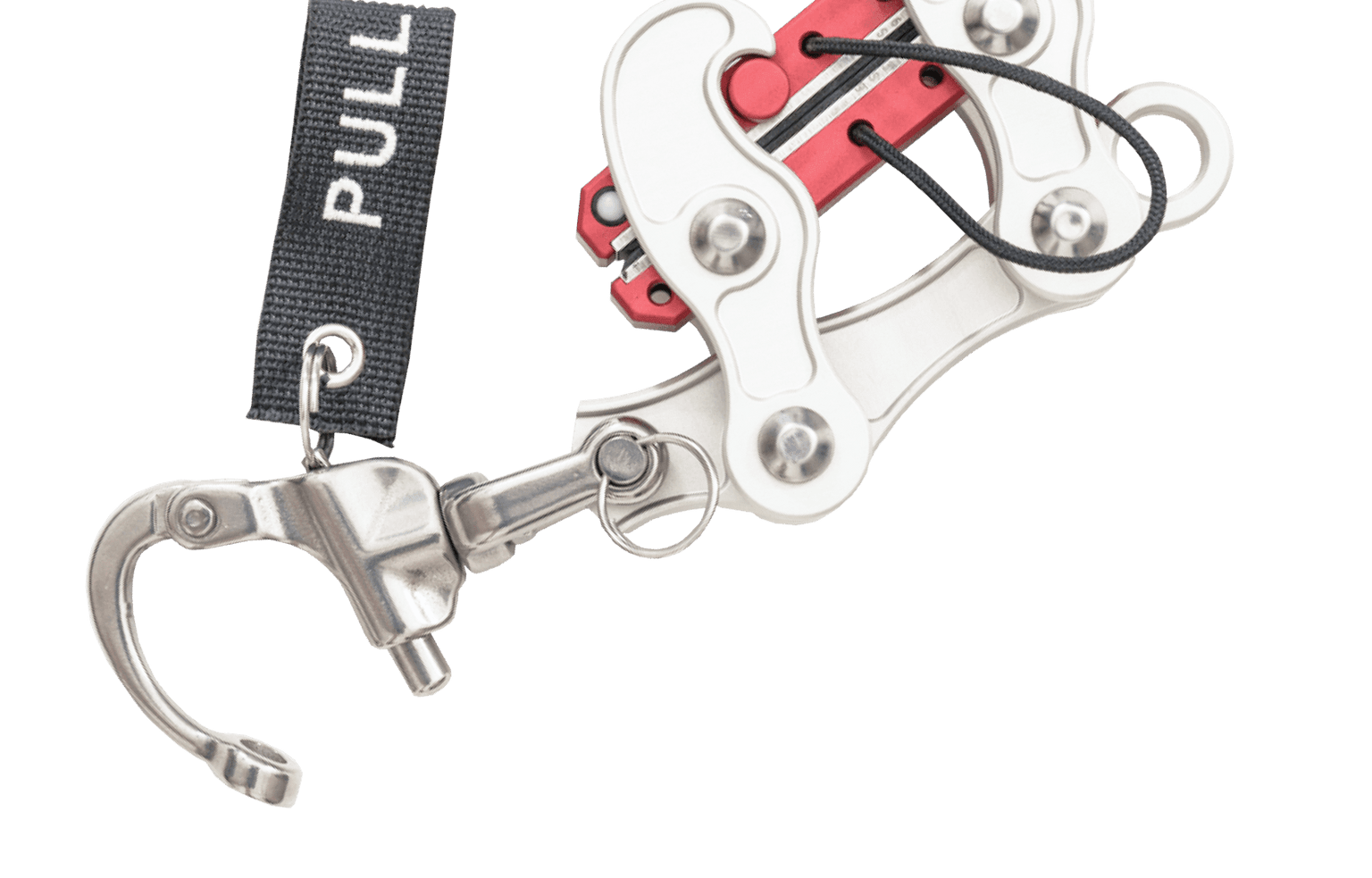
Review of Twenty Studies to Identify the Effects of Flywheel Training on Multiple Strength-Related Variables Affecting Athletic Performance
Click here to read the article
Background: Strength and power development are abilities important for athletic performance in many sports. Generally, resistance training based on gravity is used to improve these qualities. Flywheel training instead utilizes kinetic energy transferred to a flywheel. This allows for eccentric overload and variable resistance throughout the movement. The aim of this review was to identify the effects of flywheel training on multiple strength-related variables affecting athletic performance. The meta-analysis investigates the effects on (1) muscle growth (cross-sectional area (CSA) and volume/mass), (2) maximum dynamic strength, (3) development of power, (4) development of horizontal movement, and (5) development of vertical movement.
Methods: The meta-analysis includes 20 experimental studies that met the inclusion criteria. The quality of included studies was ranked according to the PEDro scale. Possible bias was identified in Funnel plot analyzes. To enable the compilation of all results analyzes, the random effect model was carried out using the software Review Manager Version 5.3 and presented with Forest plots.
Results: Flywheel training for a period of 4-24 weeks shows statistically significant increases in all strength aspects. Effect sizes were for hypertrophy, CSA 0.59; volume/mass 0.59; maximum strength 1.33; power 1.19; horizontal 1.01 and vertical movement 0.85. The evidence is particularly strong for beneficial effects from flywheel training in the development of maximal strength and power in trained younger individuals, and utilization of this training modality in shorter more intensive blocks.
Conclusions: Flywheel training is an effective method for improving several aspects of strength and power with importance for sports performance.






